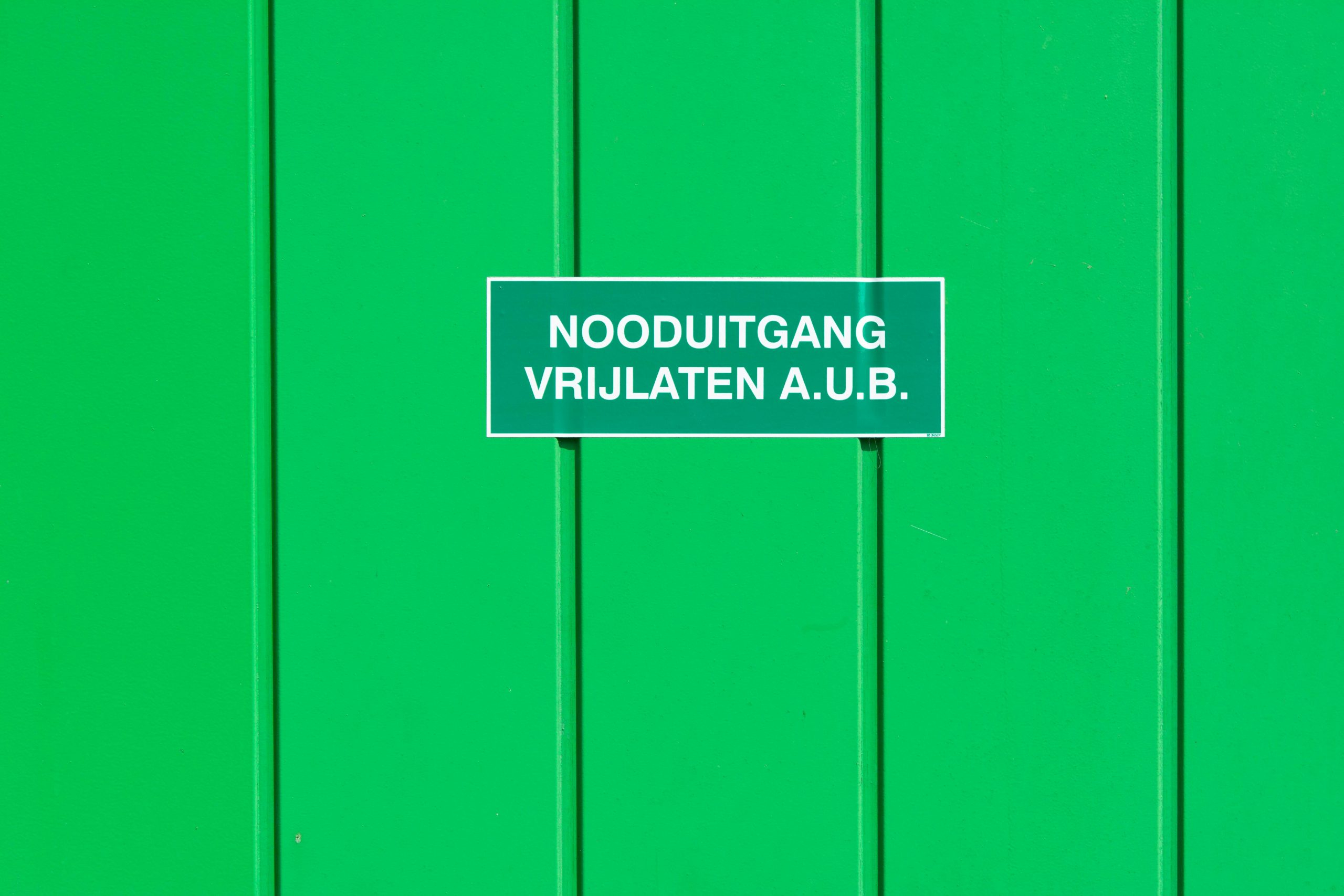The Essential Guide to Creating an Emergency Fund Quickly
Welcome to the Essential Guide to Creating an Emergency Fund Quickly. Life is unpredictable and emergencies can happen at any moment. Whether it’s a sudden job loss, an unexpected medical expense, or a major home repair, having an emergency fund is crucial for financial stability and peace of mind. In fact, according to a recent survey, only 39% of Americans have enough savings to cover a $1,000 emergency. With this guide, you’ll learn how to create an emergency fund quickly and avoid the stress and financial strain that comes with unexpected expenses. Let’s dive in!
What is an Emergency Fund?
An emergency fund is a designated amount of money set aside to cover unexpected expenses or loss of income. It acts as a safety net for when life throws you a curveball. Having an emergency fund can prevent you from going into debt or having to dip into savings meant for other financial goals, such as retirement or buying a house.
Why is an Emergency Fund Important?
Having an emergency fund is important for several reasons:
1. Financial Security
An emergency fund gives you a sense of financial security. Knowing that you have a cushion to fall back on in case of an emergency can bring peace of mind and reduce stress.
2. Avoid Debt
Without an emergency fund, you may have to turn to credit cards or loans to cover unexpected expenses. This can lead to debt and interest payments, making financial recovery even more challenging.
3. Maintain Financial Goals
Having an emergency fund ensures that you can continue to work towards your long-term financial goals, such as saving for retirement or buying a home, without interruption.
How Much Should You Have in an Emergency Fund?
The general rule of thumb is to have 3-6 months’ worth of living expenses saved in your emergency fund. However, the amount you need may vary depending on your situation. Factors to consider include:
– Job Security
If you have a stable job with a steady income, you may feel comfortable with a smaller emergency fund. On the other hand, if your job is less secure or you’re self-employed, having a larger emergency fund may be necessary.
– Monthly Expenses
Take a look at your monthly expenses and determine how much you need to cover them for 3-6 months. This includes rent/mortgage, utilities, groceries, insurance, and any other essential expenses.
– Other Savings
If you have other savings, such as a retirement account or a separate savings account, you may feel comfortable with a smaller emergency fund. However, keep in mind that you don’t want to deplete your other savings in case of an emergency.
How to Create an Emergency Fund Quickly
Building an emergency fund can seem like a daunting task, but with the right approach, you can create one quickly. Here are some tips to get you started:
1. Set a Realistic Goal
Start by setting a realistic goal for how much you want to save and by when. This will keep you motivated and focused on your goal.
2. Automate Savings
Set up automatic transfers from your checking account to your emergency fund savings account on a regular basis. This ensures that you’re consistently saving and don’t have to remember to transfer money every month.
3. Cut Expenses
Look for ways to cut expenses and redirect that money towards your emergency fund. This could mean packing lunch instead of eating out, canceling unnecessary subscriptions, or finding ways to save on your monthly bills.
4. Increase Your Income
Consider taking on a side hustle or picking up extra shifts at work to increase your income and quickly boost your emergency fund savings.
5. Use Windfalls
If you receive a tax refund, bonus, or unexpected cash, put it towards your emergency fund instead of splurging on unnecessary purchases.
Where to Keep Your Emergency Fund
The best place to keep your emergency fund is in a high-yield savings account. This ensures that your money stays safe and grows over time. Avoid investing your emergency fund in stocks or other risky investments, as you want to have quick and easy access to the funds in case of an emergency.
Final Thoughts
An emergency fund is a crucial component of financial stability and peace of mind. By following the tips in this guide, you can create an emergency fund quickly and be prepared for whatever life may throw your way.
Don’t wait until it’s too late. Start building your emergency fund today and give yourself financial security for the future.









